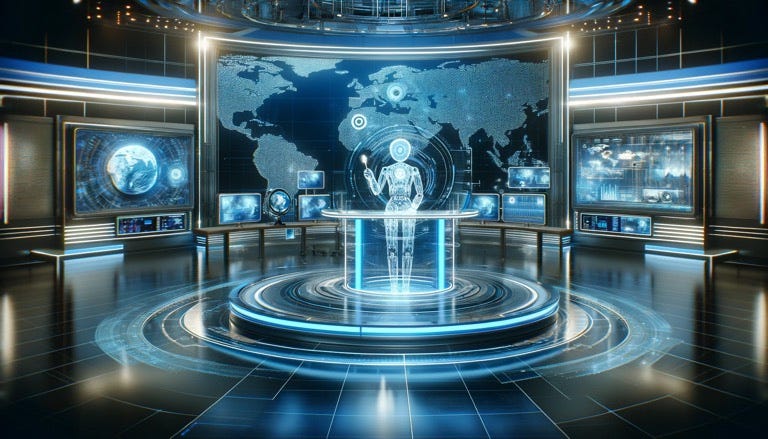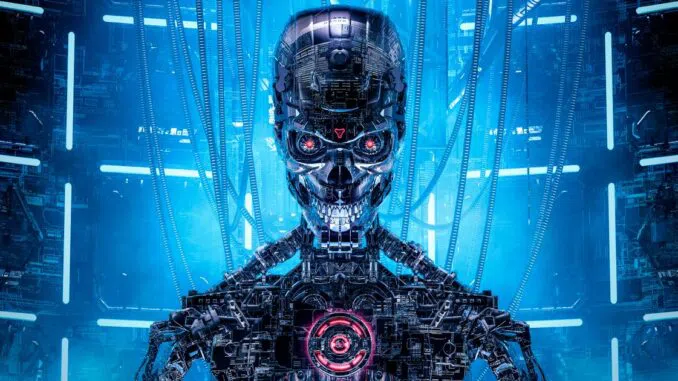In February 2024, Channel 1, a television channel based in Los Angeles, is set to revolutionize the news industry with the introduction of artificial intelligence (AI)-generated news anchors. These digital anchors will be created using a combination of cutting-edge digitally constructed avatars and "digital doubles" developed in-house by the channel. According to the Daily Mail, these AI-powered anchors will provide viewers with updates on global events, reaching audiences across both traditional broadcasting and free streaming TV platforms.
Adam Mosam, the founder of Channel 1, highlighted that the news will derive from established, trusted sources such as public records, governmental documents, and undisclosed legacy news outlets. These reports will be curated in partnership with freelance journalists, amalgamating AI-generated news updates that the digital news anchors will deliver to the audience.
Mosam articulated Channel 1's aim to provide a personalized news encounter akin to the algorithmic adaptability seen in apps like TikTok. This personalized approach intends to cater to viewers' preferences, evolving over time to align with their interests, whether in finance, sports, or other subjects. Additionally, the channel will utilize digital double anchors to convert spoken content in news stories into English translations, making local news accessible to a global audience.
The utilization of AI-created news anchors has sparked apprehensions among media experts and analysts regarding its impact on the allready faltering news industry. According to Kristen Ruby, CEO of Ruby Media Group, the introduction of AI anchors may lead to a transformation in the way news is disseminated, suggesting that the notion of 'fake news' could take on a new and unprecedented form once AI supersedes human anchors.
The concerns of Alec Lazenby from BC Today and Lance Ulanoff, a technology and social media commentator, have been voiced regarding the potential negative impact on the news industry if AI-powered broadcasts become widespread. Lazenby fears that the rise of AI-powered anchors and reporters could lead to a loss of high-quality, human journalists, while Ulanoff argues that AI-driven news anchors may compromise the principles of fact-based reporting.
Concerns about Channel 1's use of AI-generated anchors linger, despite Mosam's assurances that they won't be misused. The public is wary of a dystopian future where AI could spread false information, recalling past experiments in AI journalism that have gone awry. For example, Gannett's trial using LedeAI to automate local sports stories was discontinued due to repeated errors. Similarly, Sports ILlustrated's attempt to use AI-generated articles, complete with fabricated writer identities and bios, raised ethical concerns and was ultimately unsuccessful.
The rise of AI-powered news anchors marks a significant turning point in the history of media, prompting crucial concerns about the impact on factual reporting, trustworthiness, and the art of storytelling as AI takes center stage.
Is this content hitting the mark for you? If so, consider supporting my work—buy me a virtual coffee! 



